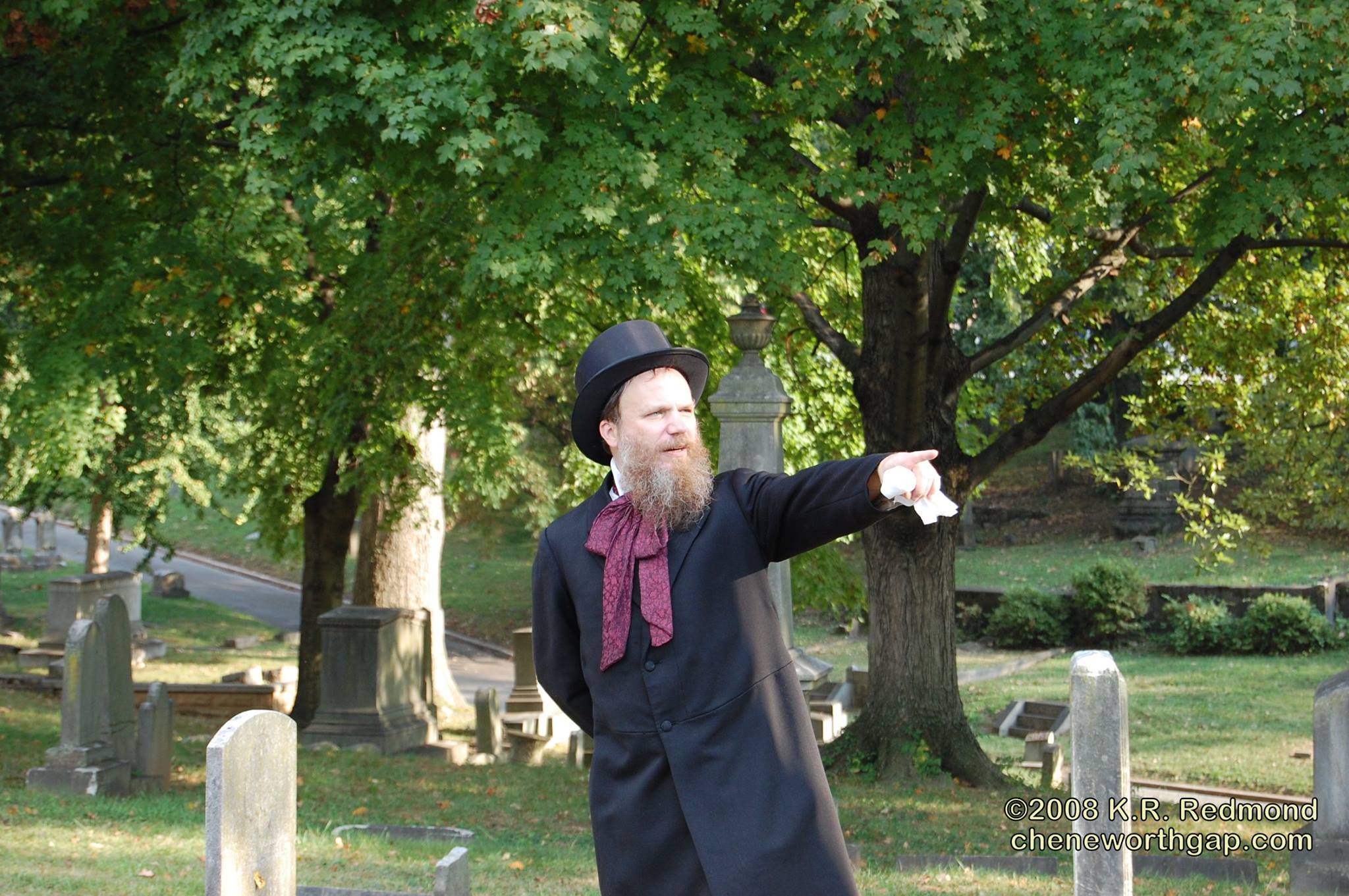Ed White hadn’t heard about Resolution 908, so it took him a few minutes to pull up the Community TV website and watch the video of Knox County Commission’s June meeting. When he called me back after watching the commission unanimously pass the resolution denouncing threats of violence and affirming equal protection of the rights of all citizens, specifically mentioning LGBTQ citizens, his relief was evident.
“It was the exact right thing to do,” he said. “I kept waiting to hear LGBTQ mentioned, and it was. That was really gratifying … I was afraid it might not. They were very forthright, and I applaud them. The ayes were strong; they were really making a stand. It was what was needed.”
The resolution was the commission’s official response to the demented preaching of (soon-to-be-former) deputy sheriff Grayson Fritts, who favors laws that would criminalize same-sex relationships and allow LGBTQ people to be rounded up and executed.
Fritts made national news earlier this month, right after he took a reduction-in-force buyout from the Knox County Sheriff’s Office, where he was a detective with 20 years’ service. He is currently off-duty, burning accumulated leave time before his retirement is official. His views went viral after someone in his flock at All Scripture Baptist Church videoed his rantings and ratted him out to a local TV station in early June, just in time for the LGBTQ community’s annual Pride celebrations.
This, of course, caught the attention of White, who, in addition to being a gifted amateur historian, is a multitalented writer, actor and master gardener and was one of the area’s most active caregivers during the worst years of the AIDS epidemic. He has preserved three decades’ worth of LGBTQ incremental gains and periodic setbacks, including the infamous 1993 commission meeting that drew a raucous, standing-room-only crowd to witness the passage of a resolution opposing “special rights” for gay people. He was also one of the speakers who addressed the commission, and was in the minority – along with Episcopal, Methodist and Jewish clergy, many of whom were hooted down by those on the other side.
Emotional as such resolutions can be, they have no force of law. The 1993 resolution was a political tool that was being replicated all over the country by politicians and fundamentalist preachers who, unnerved by the election of Bill Clinton, were looking to make “gay rights” an issue in the next election. Christian radio station owner John Hanna, president of the Tennessee Christian Coalition, organized the local event. When his name was called to speak, he accused gay men of being child molesters.
The meeting went on for hours, and when the vote came, only two of the 19 members of the commission – Frank Bowden and Bee DeSelm – voted no. Future mayor Mike Ragsdale, the most vigorous supporter of the resolution, behaved like a cheerleader and urged the crowd to “keep up the ruckus.” The following year, he recruited and openly supported a candidate to run (unsuccessfully) against DeSelm (Ragsdale represented West Knox County on commission).
The meeting drew the largest crowd anybody could remember and was one of those never-to-be-forgotten public gatherings, so it’s easy to see why White and anyone else who remembers what happened in 1993 consider the unanimous passage of a simple resolution denouncing hate a major victory.
“It’s a real contrast, that’s for sure,” White said. “(This time), they were aware that the world’s eyes were on them, or at least the country’s. This was a dark spot they were anxious to wipe out as much as possible … But it’s important to know that it’s not over … it’s something we have to be on guard against. Throughout the rest of history I don’t see it ever going away. There’s always going to be an undercurrent of ignorance and hate; they go hand in hand.”
Ed White’s history blog is here.

